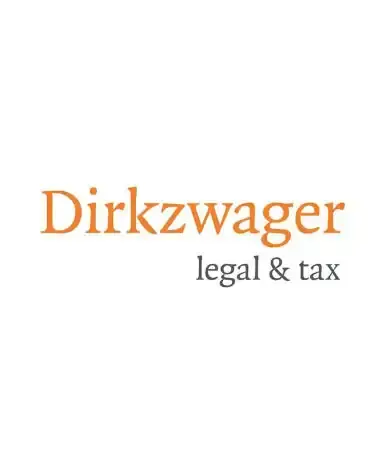In this fourth blog in the series we discuss the issue of the existence of premium debts with the transferor, and whether these are transferred to the transferee in the event of a takeover. In other words: can a pension administrator approach the transferee for the unpaid (or late) pension contributions?
The question of whether premium debts are also transferred from the transferor to the transferee, in the event of a transfer of undertaking, relates to the question of whether Sections 7:663 and 7:664 of the BW (as discussed in blog 2) are susceptible to having a third-party effect. Third party effect means that the transferee, for example, can rely on the pension exceptions of 7:664 (1) DCC against a pension fund, the third party, so that the premium debts are not transferred.
Transferor and transferee affiliated with the same industry pension fund
The GOM judgment is the judgment that is used as a basis in (scientific) articles concerning the possibility for a pension fund to claim pension premium debts. The rule that can be drawn from the GOM judgment is that in the event of a transfer of undertaking, an industry-wide pension fund has an independent right of action against the transferee if both the transferor and the transferee are members of the same industry-wide pension fund. According to the Supreme Court, the statutory basis for this is Section 7:663 and Section 7:664 (2) of the Dutch Civil Code. By virtue of Section 7:664 subsection 2 Dutch Civil Code (at issue, because of the participation in one and the same industry-wide pension fund), the exceptions of Section 7:664 subsection 1 Dutch Civil Code do not apply, and the main rule of Section 7:663 Dutch Civil Code therefore remains applicable.
Premium debts
In the event that the transferor and transferee are members of the same industry-wide pension fund, it is expected that, in line with the GOM judgment, premium debts of the transferor will also be transferred to the transferee. In the event that the transferor and transferee a participant in the same industry-wide pension fund, it is expected that, in line with the GOM judgment, premium arrears of the transferor will also be transferred to the transferee. It is not entirely clear whether this opinion is based on the idea that the legislative provision in question is subject to third-party effect, or whether this opinion is simply a logical consequence of the fact that exactly the same administration rules with the corresponding pension contribution obligation apply to the transferee.
Transferee and transferee are NOT members of the same industry-wide pension fund
As a result of the GOM judgment, uncertainty has also arisen as to whether a pension administrator has this independent right of action against a transferee when the transferee is not a member of the same industry-wide pension fund. Two situations can be differentiated in this regard:
- The transferee has its own pension plan, for example with a (different) industry-wide pension fund or an insurer;
- The transferee does not have its own pension plan.
Presumably, the transferee in the first situation does not need to fear the transfer of the premium debt. In that case the transferee may be able to invoke the exceptions of Section 7:664 (1) of the Dutch Civil Code against the pension administrator.
In the second situation, the pension exception does not apply. The next question is whether Section 7:664 (1) of the Dutch Civil Code actually has a third-party effect. As noted above, this question has not yet been explicitly answered. An earlier contribution in the journal 'Employment Law Annotations, 2016 (10) 2/BJu' by Frédérique Hoppers analyzed this issue in detail.
Premium claims
Employers would be wise not to limit the discussion solely to the question of whether third-party effects are at issue. An appeal to the principle of time limitation could also offer some consolation. Employers who are faced with a premium claim from a pension administrator in the past should certainly check whether the claim is not time-barred. This issue of limitation receives much attention in case law.
Tip: Since there is still uncertainty about the third-party effect of the pension articles in question in the event of a transfer of a business and whether a claim is time-barred or not, it is all the more important to conduct a proper due diligence and to pay attention to this in the acquisition contract.


